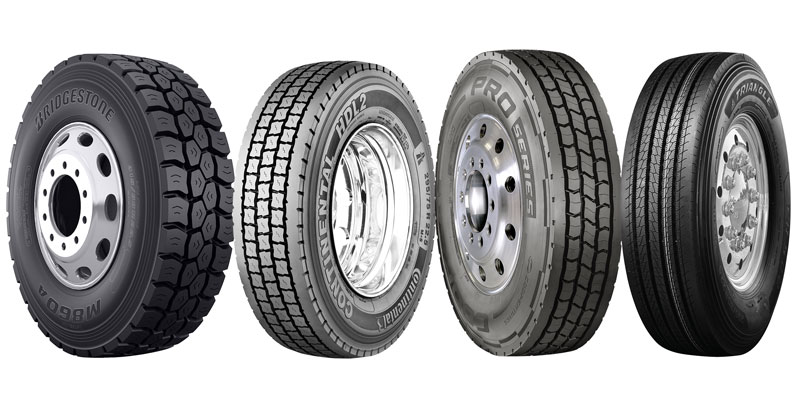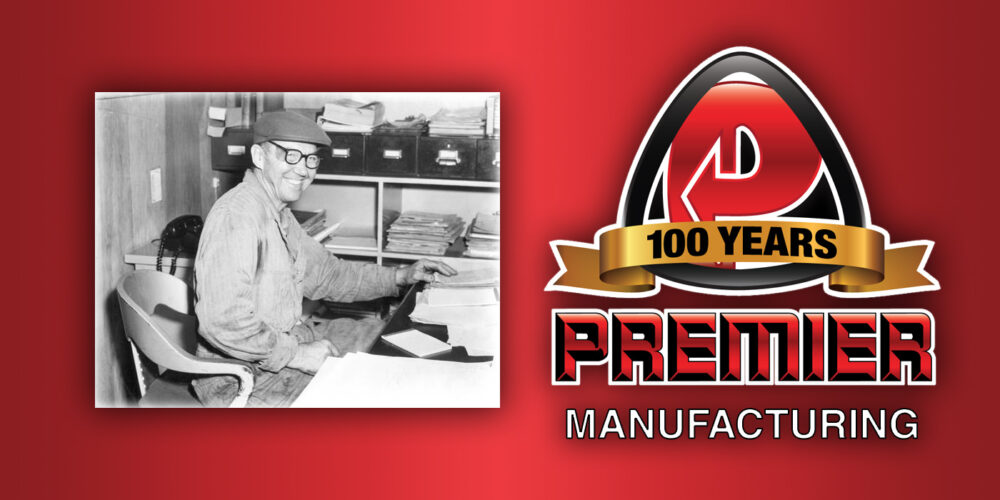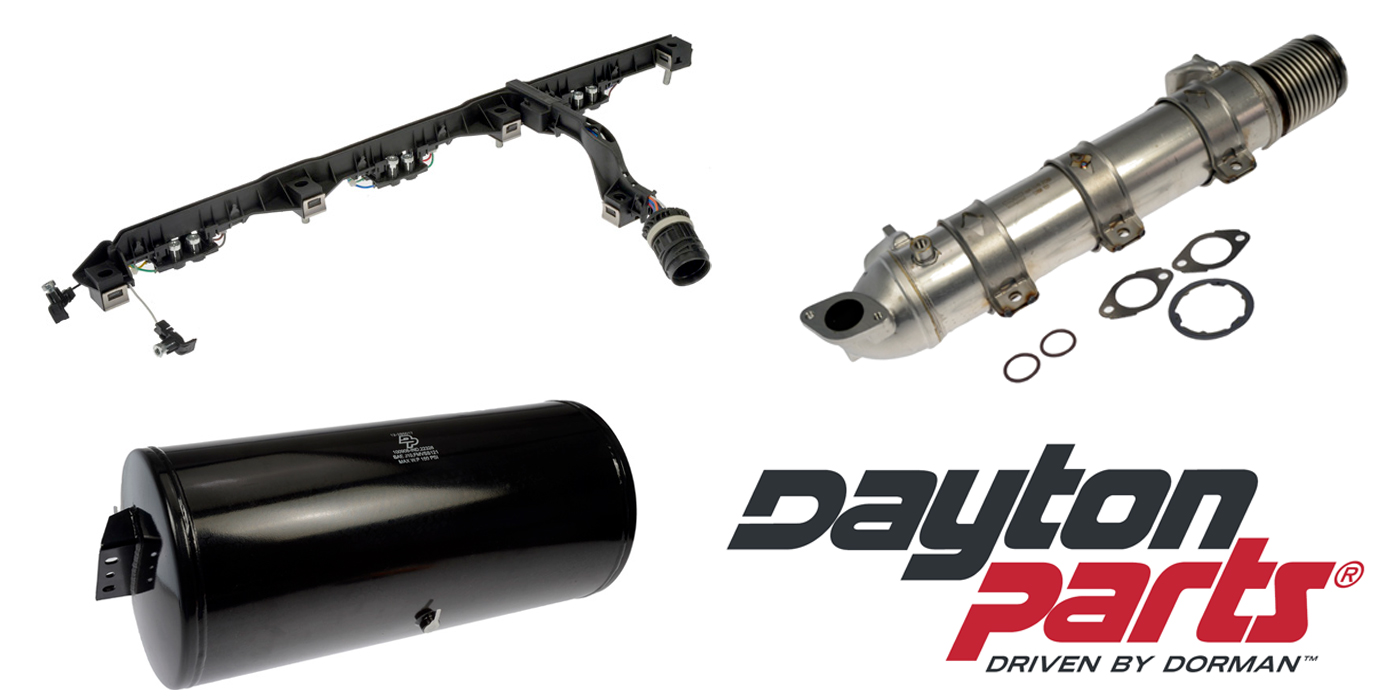Flat tires are the worst, but an under- or over-inflated tire is a close second.
“An under-inflated tire won’t perform as intended and this can cause the sidewall to over flex, creating additional heat buildup that can contribute to casing damage,” said Roger Best, application engineer, market sales engineering, Bridgestone Americas Tire Operations. “As a best practice, fleets should utilize a properly calibrated pressure gauge at each wheel position to check tire pressure and adjust as recommended by the vehicle manufacturer. Fleets should remember to always check inflation pressure when tires are ‘cold,’ meaning tires have been parked for three or more hours or driven less than a mile at a moderate speed, to ensure adjustments are accurate.”
Cooper Tire and Rubber Co.’s Phil Mosier, manager commercial tire development, echoed that advice.
“Inflation pressures should be checked weekly, and if possible daily during the driver’s pre/post trip inspections,” he said. “Maintaining proper inflation pressure is the best thing a fleet or shop manager can focus on to ensure long and even-wearing tires.”
Of course, you have to ensure you’re running the proper inflation for your application first.
“To maintain a low cost per tire mile it is important for any fleet to work with their tire supplier to determine the optimal pressure used to meet the needs of their GVW,” recommended Charles Luther, regional sales manager for Triangle Tire USA. “Running too high a pressure to GVW carried will create irregular tread wear patterns which cause premature removal. Running too low a pressure to GVW carried can prematurely deteriorate casings sidewalls and will Reduce casing value for future retreading.”
Marco Rabe, Continental’s director of truck tire technology for the Americas region, provided the cautionary closing:
“It has been proven that with every 10 PSI of underinflation, you spend approximately 1% more on fuel economy, while increasing tread wear by approximately 10% to 15%. An under-inflated tire will increase the sidewall deflection, which increases the energy needed to roll the tire and move the vehicle, leading to greater fuel usage.”
The quest for the perfect compound
“There are countless hours of research and development put in by multiple companies to find the ultimate fuel savings, tire mileage and casing durability that fleets demand,” confirmed Charles Luther, regional sales manager for Triangle Tire USA. “Research into lighter materials for tire construction, rubber compounding that reduces heat buildup and thus less energy consumption, tread compounds that produce more miles per 32nd and more durable casings that will continue to be retreaded multiple times—as the requirements of ever-lower cost per mile continue to increase, the research will continue and the results will continue to lower the cost per mile of commercial tires.”
For more on this topic, click here to read Where the rubber doesn’t meet the road: How truck tire sidewall construction impacts performance.














